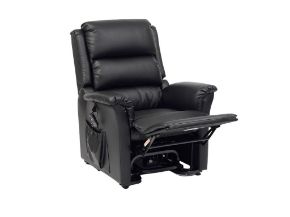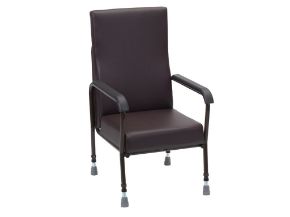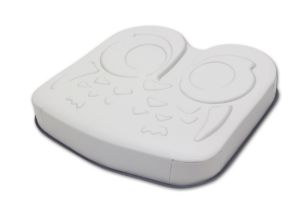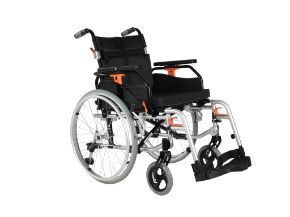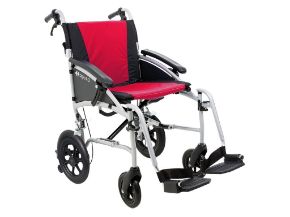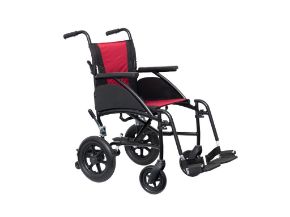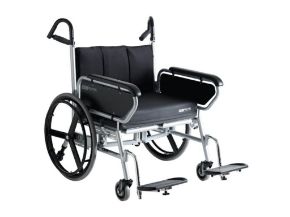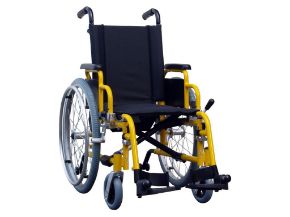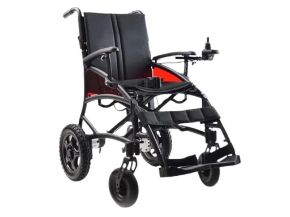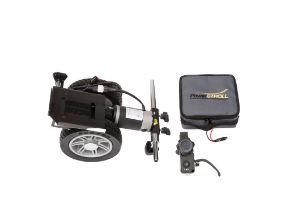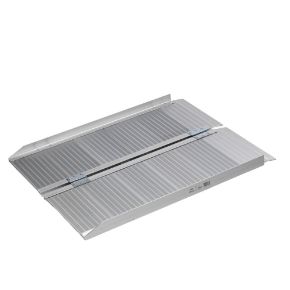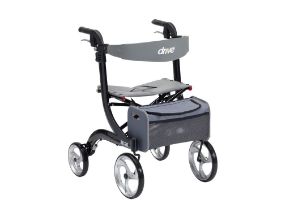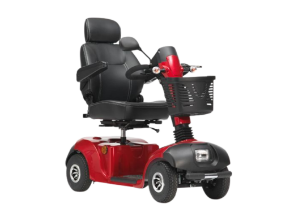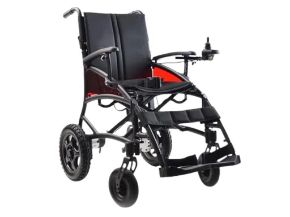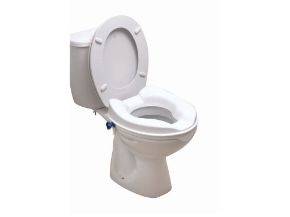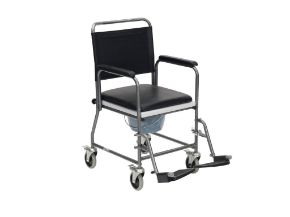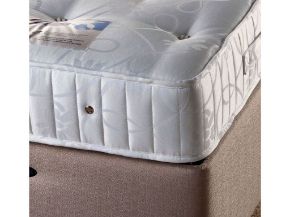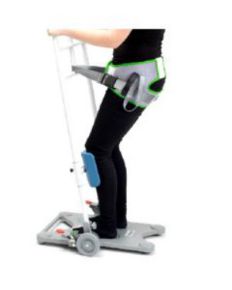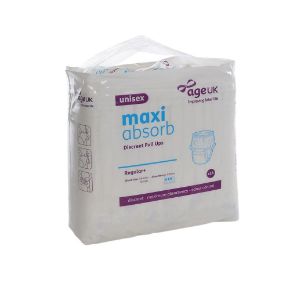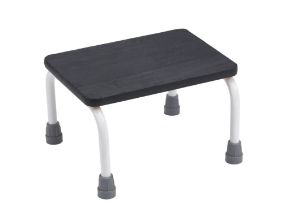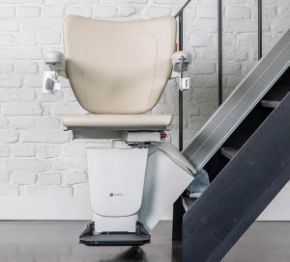Arthritis is a joint disorder that causes inflammation in the joints, resulting in pain and discomfort for those afflicted. Arthritis is the biggest cause of disability in Ireland, affecting almost 1 million people in all different age groups, from newborns to the very elderly. Arthritis patients can regularly experience issues with mobility and comfort, making movement and activities around the home difficult.
Beechfield Healthcare has the following advice for making life easier in the home for people dealing with arthritis.
Look after your health
With a difficult health disorder like arthritis, looking after your wellbeing can often seem like a daunting and impossible task. However, there are ways in which you can take good care of yourself at home while dealing with the condition. They are as follows:
- Do some gentle exercise at night. It will result in less joint stiffness the next morning.
- When sitting down and relaxing, it is important to adjust position frequently and move the joints as much as possible. Make sure to take regular breaks so that you don’t overuse a joint and walk around every now and then to decrease stiffness in this area.
- Be mindful of maintaining a balanced diet. In addition to exercise, a varied and healthy diet will keep weight off. Being overweight whilst suffering from arthritis can lead to complications and increase joint pain.
- These health precautions extend to smoking, which causes stress on the connective tissues in the joints.
- Emotional health is important too. While it may be difficult at times, it is important to develop and maintain a positive, can-do attitude to make improvements in your lifestyle and increase overall happiness.
Staying safe
Exercise and medication are important for looking after your health and keeping arthritis under control. However, caution must be taken so that these activities are carried out safely. See our pointers below:
- Concentrate on physical activities that build muscles around the joints without causing damage to the joints themselves. Consult an occupational therapist on how to carry out these activities safely.
- Avoid high impact, repetitive motion exercises like running and aerobics. Instead focus on low impact activities such as walking, cycling and swimming.
- Consult a pharmacist on over-the-counter medications that can help relieve joint pain or discomfort. If over-the-counter medications do not relieve pain, visit your GP and ask for advice.
- Indulge yourself from time to time with relaxation therapies such as massages, acupuncture and meditation. These treatments relieve pain and help the body unwind.
Conclusion
If arthritis is affecting your mobility or comfort, we have a range of products available that should make day-to-day activities more convenient and increase overall independence.

